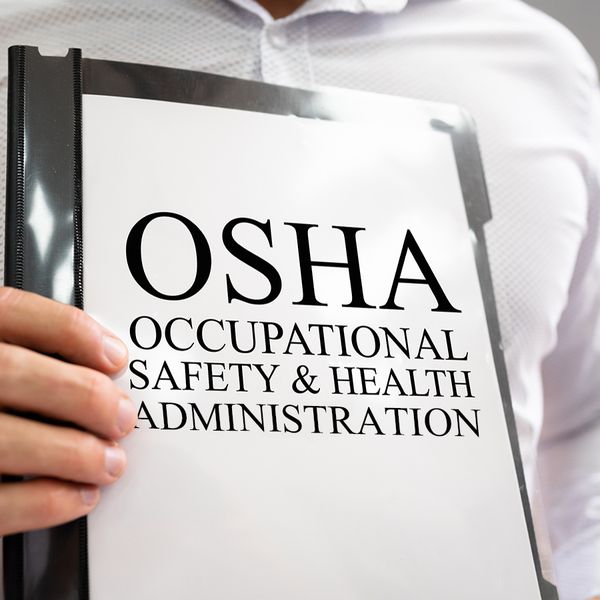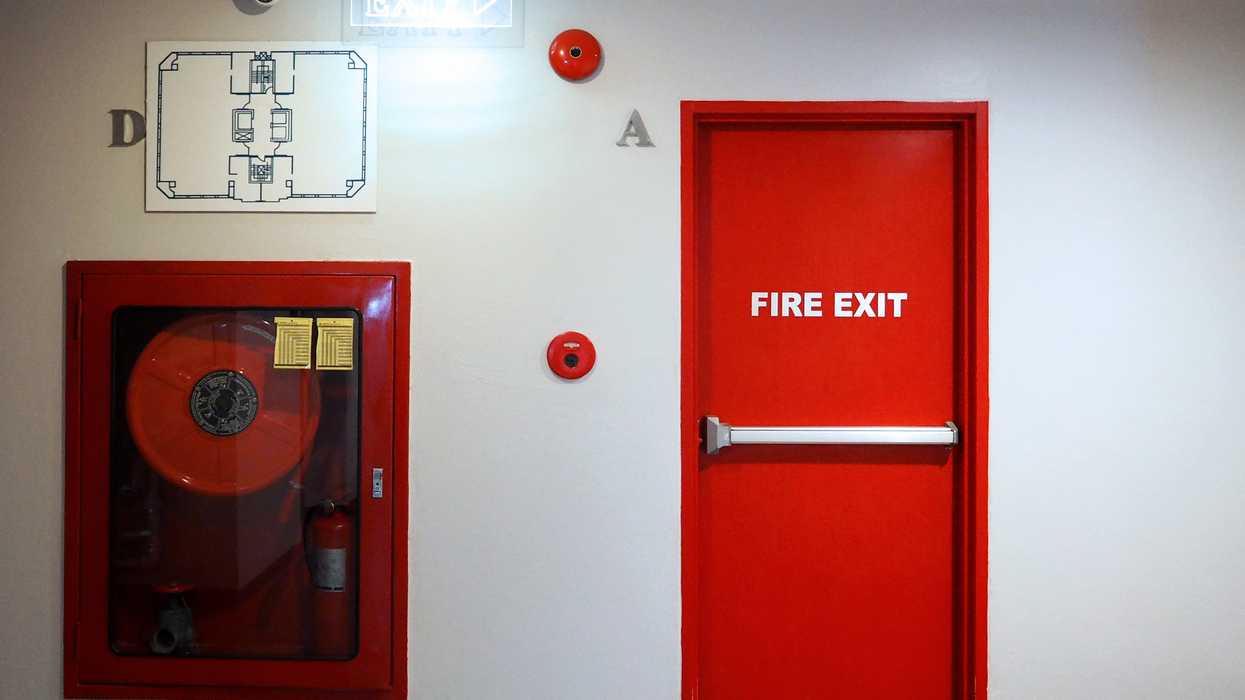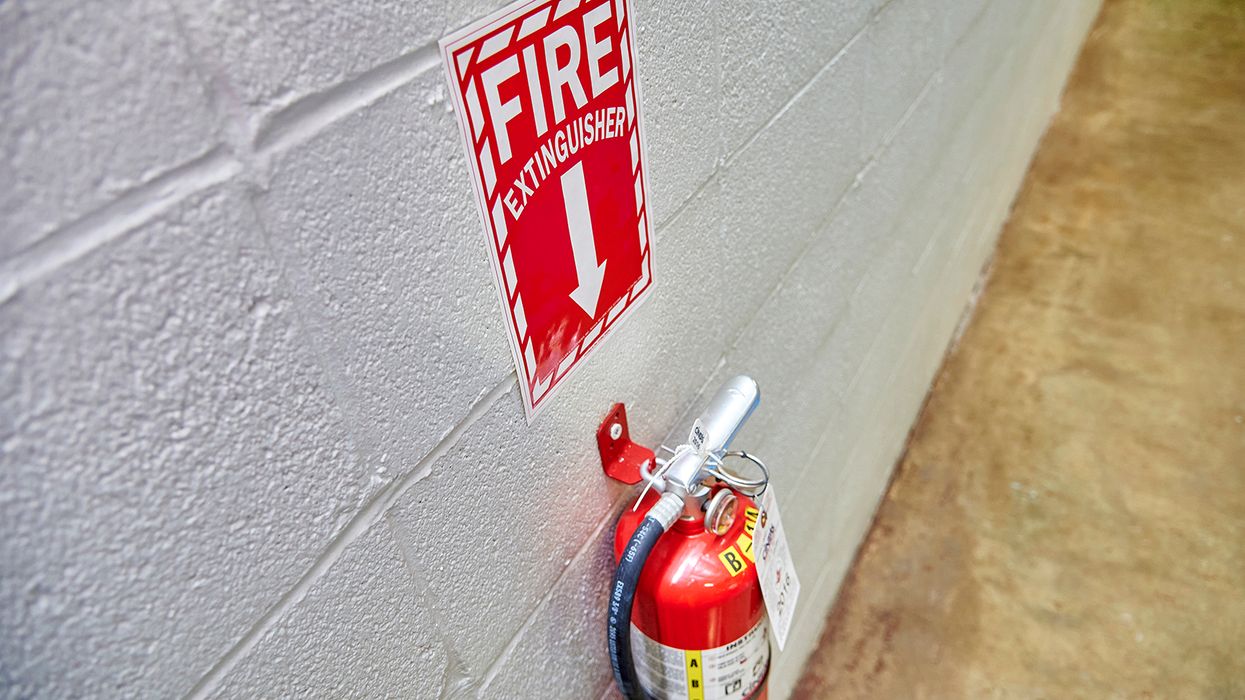Contesting a citation shouldn’t be frowned upon
There’s a lot of information available about what an employer should do when OSHA shows up on a jobsite: check credentials, opening conference, jobsite walk-around, closing conference, and then wait to find out if OSHA issues a citation.
When OSHA shows up, it’s an unwritten rule to do these things: work with OSHA, keep your head down, don’t argue, be polite, and only speak when spoken to. The industry has been known to frown upon employers who challenge an OSHA citation. Recent OSHA News Releases have shown a growing number of cases being appealed by employers.
OSHA can reduce an employer’s penalty amount when the employer has made a “good faith” effort to implement an effective workplace safety program. OSHA’s position on penalty reductions or increases in the past have included:
- 15% quick-fix reductions
- 10% reduction for employers with an OSHA Strategic Partnership agreement
- 10-40% reduction for employers with less than 250 employees
- 10% increase for certain repeat violations within five years
For small businesses especially, OSHA’s penalty-reduction program has been subjective based upon an OSHA area director’s interpretation of the employer’s “good faith” efforts. When I was a safety manager in the field, it was more work to demonstrate “good faith” than correct the safety violation itself. It would have been easier and more practical if OSHA gave an employer a grace period to fix safety issues before subjecting it to a penalty.
Under the 114th Congress, U.S. House of Representatives Bill 1932, To amend the Occupational Safety and Health Act of 1970 to allow employers a grace period to abate certain occupational health and safety violations before being subject to a penalty under such Act, was introduced. It “died in a previous Congress.” This means that the bill was never voted on by the time the 115th Congress was in session. Bills that don’t receive final action in a previous Congress need to be reintroduced at the next Congress for final action. This bill was never reintroduced, though.
Here’s what to do if you decide to contest an OSHA citation
- Contest the OSHA citation within 15 days from the date of the citation notice by filing a “Notice of Intent to Contest.” Once you do this, your case is officially in litigation status. The OSHA area director forwards the case to the Occupational, Safety, and Health Review Commission (OSHRC). The OSHRC is an independent federal agency, separate from the U.S. Department of Labor. Still, it’s part of the U.S. federal government — (it’s the same level of government that OSHA is under).
- The OSHRC will assign a judge and an attorney to the case. The assigned attorney will represent OSHA, not the employer. There isn’t any right to have an attorney appointed to the employer for administrative hearings. OSHRC will schedule a hearing close to your worksite so both the employer and employees can conveniently attend.
- The administrative hearing functions as a trial with direct and cross-examinations, witness testimony, and presentation of evidence. The employer can represent itself or hire an attorney.
- At the end of the presentations by OSHA and the employer, the judge issues a ruling.
Suppose the employer doesn’t agree with OSHRC’s ruling. In that case, it can file an appeal to OSHRC and if needed, then eventually to an appropriate U.S. Circuit Court of Appeals after the appeal process is exhausted through OSHRC. After this, an employer does not have a right to appeal directly to the U.S. Supreme Court.
The Court selects only certain cases to hear. So, the U.S. Circuit Court of Appeals ruling may be the final ruling on the employer’s appeal. For a smaller employer with limited resources, paying the penalty may be cheaper than paying an attorney to litigate an appeal. The rate to hire an attorney nowadays is between $250 - $500 dollars per hour.
There are many instances where courts’ rulings have favored employers. So, we don’t discourage litigation, but it’s important to understand the process so you can prepare accordingly.
Key to remember
Contesting a citation shouldn’t be frowned upon and is sometimes necessary.






















































